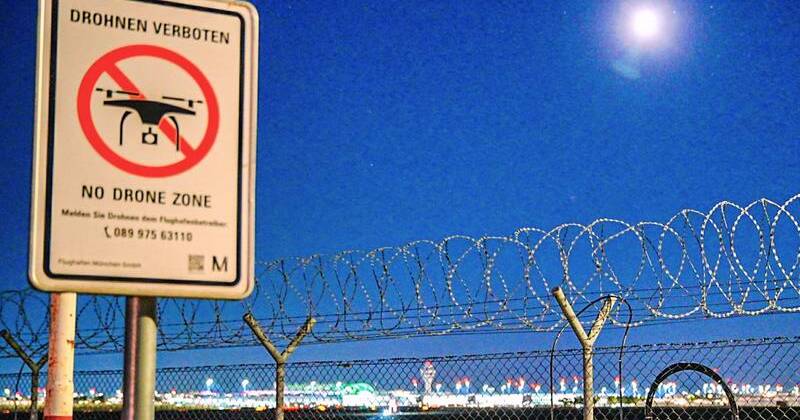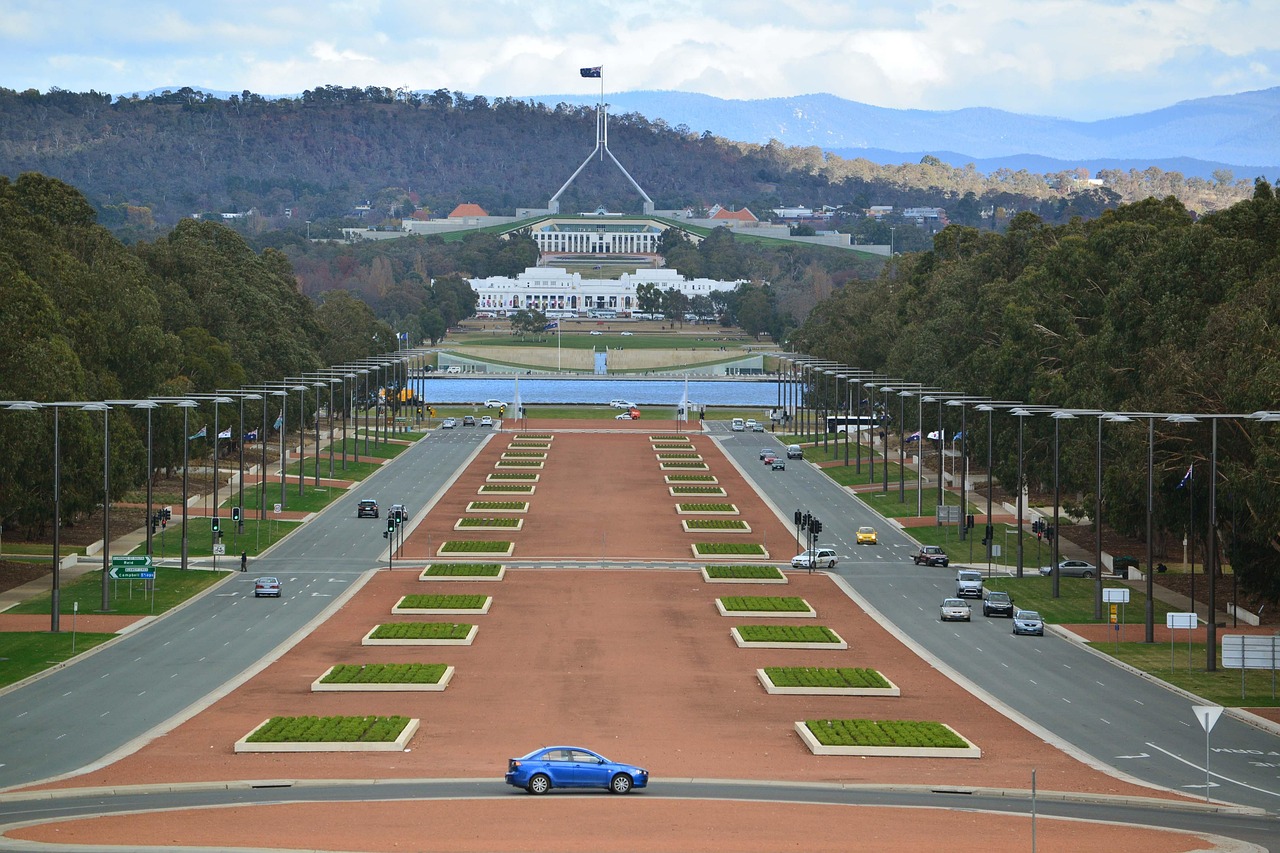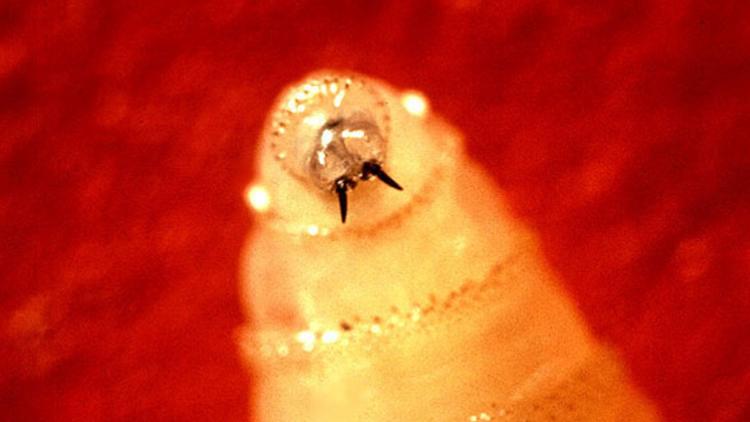
Former Russian president Dmitry Medvedev has declared that recent drone disruptions across Europe serve as a stark reminder of the potential dangers of war. Medvedev, now the deputy chairman of Russia’s Security Council, downplayed the notion that these incidents, which affected airport traffic in Germany and Denmark, were connected to Russian actions or sympathizers.
In a post on his official Telegram channel, Medvedev stated, “People who sympathise with our country (in Europe) will not waste their resources by coming out of hiding. Our ‘agents and moles’ are waiting for a separate order.” This comment reflects his long-standing reputation as a vocal critic of the West and his alignment with hardline views within the Russian government.
Political Implications of Drone Activity
Medvedev emphasized that the key takeaway from these disruptions is the realization among European citizens of the realities of war. He accused French President Emmanuel Macron and German Chancellor Friedrich Merz of exacerbating tensions for their political and financial gain. “The main thing is that short-sighted Europeans feel the danger of war on their own skin,” he remarked, further asserting that such fear could lead citizens to turn against their leaders.
His comments come amid increasing discussions in Europe about using frozen Russian assets to finance military support for Ukraine, along with proposals to shoot down Russian aircraft that inadvertently enter European airspace. These discussions have provoked strong reactions from Russian officials, who maintain that they do not intend to attack any NATO member state, despite ongoing tensions.
Medvedev’s remarks reflect a broader narrative within Russian state media and government circles, which often portray Western military assistance to Ukraine as a provocation. As drone activity continues to disrupt daily life in various European cities, the implications for regional security remain significant.
The ongoing situation highlights the delicate balance European nations must strike between ensuring national security and managing relations with Russia. As tensions rise, the potential for miscalculation or misunderstanding could pose further risks to stability in the region.
As Europe grapples with these challenges, Medvedev’s statements serve as a reminder of the ever-present specter of conflict in a continent still haunted by its past.






